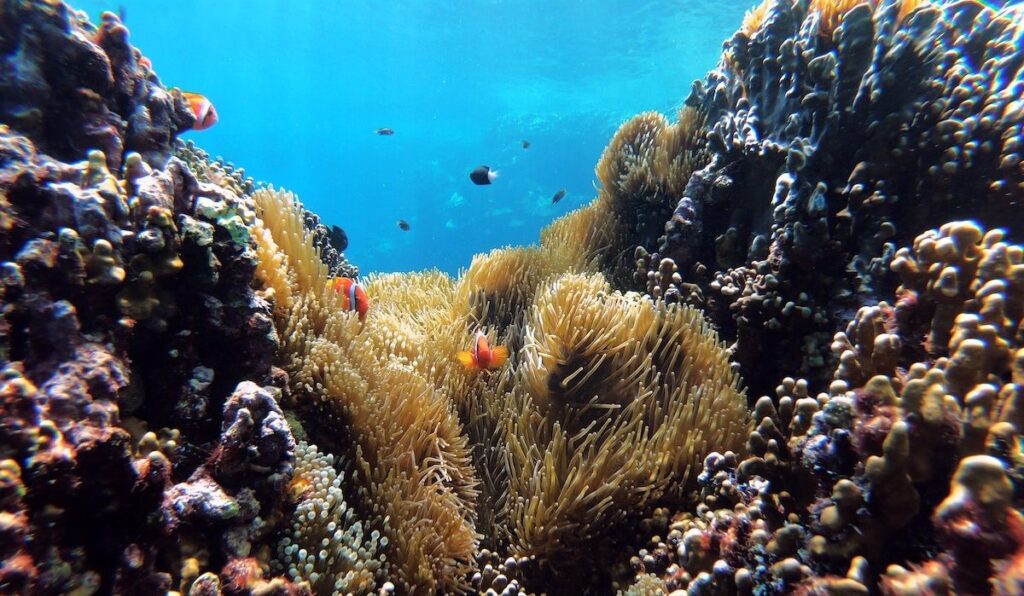New research by Monaco Scientific Center sheds light on little-known lives of deep-sea corals

New research by the Monaco Scientific Center draws attention to the little known lives of deep-sea coral, that can form reefs up to 150m below sea level.
Deep-sea corals have been a bit of mystery. Located up to 150 m below sea-level, it has historically been difficult to conduct research on these elusive animals, given the depth at which they are found. The corals have flexible tree-like skeletons and form large ‘forests’ that are home to many other marine animals.
Recently, the Monaco Scientific Center and the University of Genoa joined forces to conduct research on black corals, specifically looking at the role that microbes play in the animal’s survival
Adapting : a life-saving quality
The black coral examined by researchers is called Antipathella subpinnata and is one of the most important deep-sea corals of the Mediterranean. Unlike other types of corals, Antipathella subpinnata does not have a constant microbe.
Researchers found that:
- The microbiota of the black coral is dependent on the location of the coral population.
- For instance, black corals near Savona had a high number of bacteria capable of degrading hydrocarbons. The specific bacteria protect the Savona corals from the detrimental effects of pollution by the petroleum industry and large ships at the nearby port.
- Researchers speculate therefore that the coral “actively modifies its microbiota to suit its needs”.
The findings suggest that the black coral’s capacity to adapt to its environment helps explains the prevalence of the species throughout the Mediterranean.









